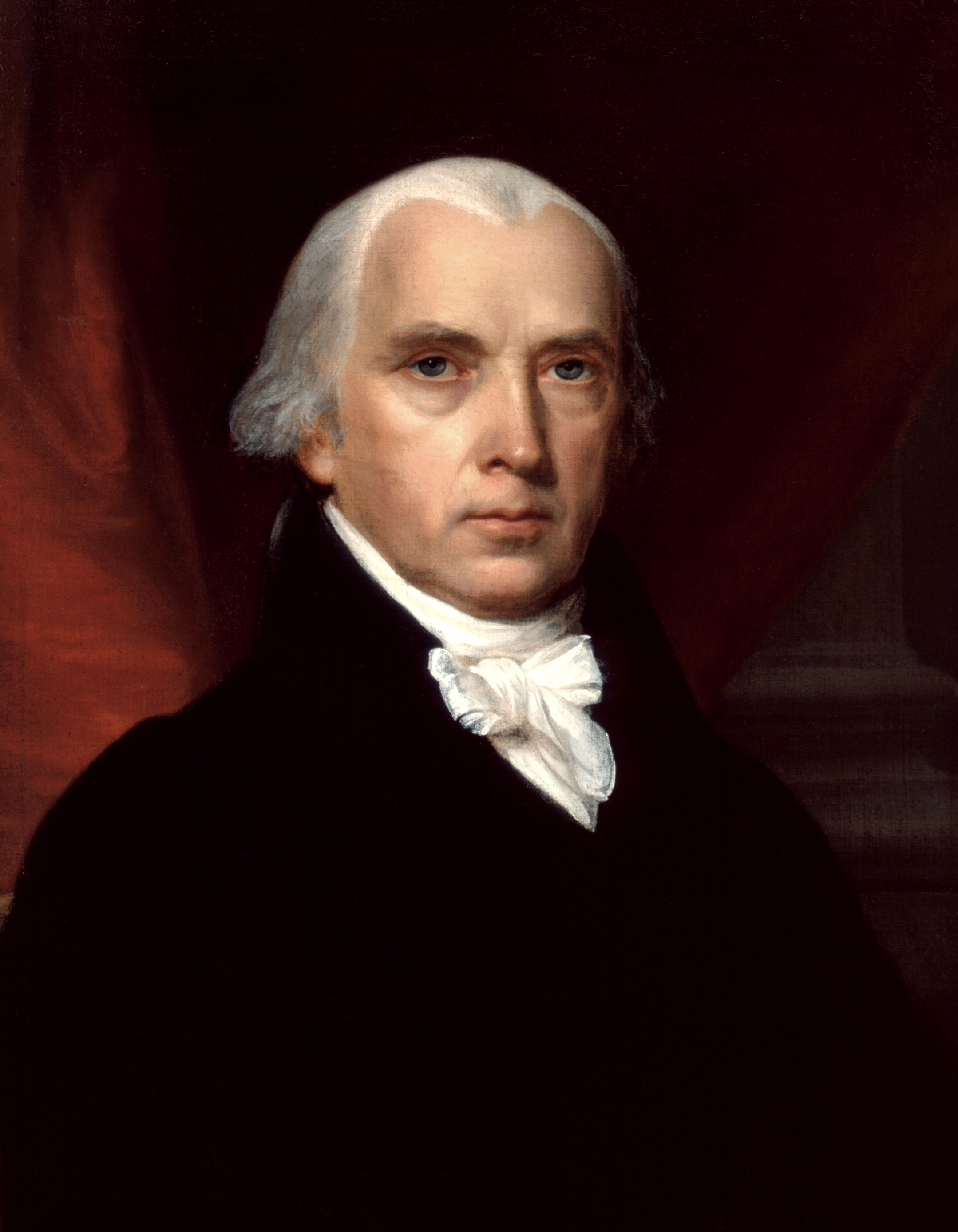Libya Without End
The U.S. may have support for military action this time around, but that doesn't mean it's going to be any easier.
 And so the stage is set for the United States to enter another war—with enormous uncertainties about how deeply its forces will become committed, how long they will be involved, the identities and intentions of many of the rebels on whose behalf the intervention is being made, what the intervention is likely to accomplish, what the intervention is even intended to accomplish, and how this will all end. Others, including Ted Galen Carpenter, Jacob Heilbrunn, and Justin Logan in these spaces, have raised many of the important unanswered questions that surround this decision. The uncomfortable sense of diving into a hole whose bottom we cannot see leads one to search for any inkling of reassurance that we know what we're doing and that this will not turn out bad.
And so the stage is set for the United States to enter another war—with enormous uncertainties about how deeply its forces will become committed, how long they will be involved, the identities and intentions of many of the rebels on whose behalf the intervention is being made, what the intervention is likely to accomplish, what the intervention is even intended to accomplish, and how this will all end. Others, including Ted Galen Carpenter, Jacob Heilbrunn, and Justin Logan in these spaces, have raised many of the important unanswered questions that surround this decision. The uncomfortable sense of diving into a hole whose bottom we cannot see leads one to search for any inkling of reassurance that we know what we're doing and that this will not turn out bad.
There are a few inklings. One is that unlike the last time the United States deployed its military forces in a Middle Eastern country led by a dictator whose departure was sought, there is genuine rather than grudging support, and even leadership, from other countries, including Arab countries. And despite the eerie similarities to that previous war in how Americans of different political persuasions supported the resort to force, this time the administration of the day is not cajoling Americans into that support but instead is itself being pressured into it. In taking this step, Barack Obama is less a George W. Bush than a James Madison or William McKinley, two other presidents whose decisions to go to war reflected the push of popular sentiment, and the influence of elements outside the administration who stoked that sentiment.
Obama's reluctance to intervene is reflected in his statement of the objective of the operation as being limited to “the protection of civilians in Libya.” But that objective is by its nature unlimited in duration. It can never be the subject of a declaration of “mission accomplished” as long as Qaddafi is around and in charge of even a rump of Libya. Moreover, it is an objective that will not satisfy the principal expectation of those pushing intervention most strongly—that expectation being Qaddafi's departure. Critics of the president were earlier saying that he had invested U.S. credibility and prestige in the objective of getting rid of the Libyan dictator but was doing nothing to achieve that objective; now he is making a bigger U.S. investment but one that still will not get rid of the dictator.
Not, that is, without expansion or escalation of the commitment that Obama described on Friday. Both military and political exigencies are likely to make this enterprise bigger and longer, with greater costs and consequences, than most of those anxious to make the dive probably realize.
